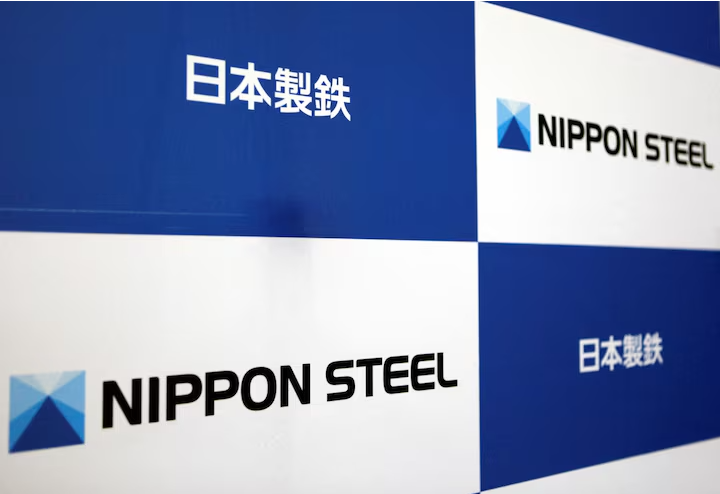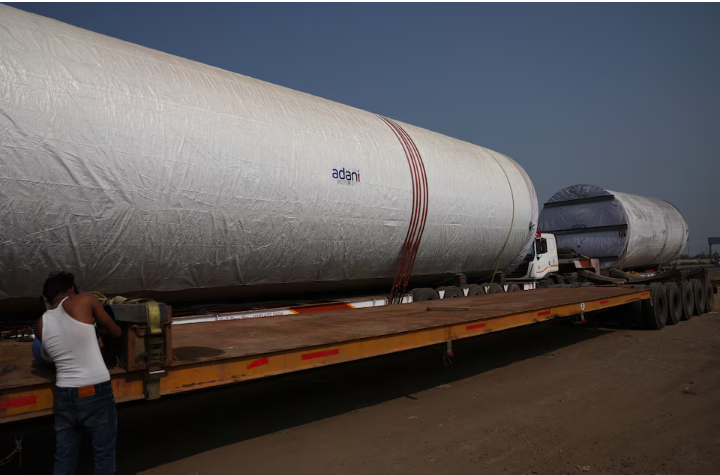Nippon Steel's strategic plan to acquire U.S. Steel for $14.9 billion has been derailed by President Joe Biden's intervention, citing national security concerns. This unexpected move has compelled the Japanese steel giant to reassess its growth trajectory, particularly within the U.S. market. The acquisition was poised to elevate Nippon Steel's production capacity to 85 million metric tons annually, positioning it as a formidable player in the global steel industry.
In the immediate aftermath of the blocked deal, Nippon Steel's shares experienced a slight decline. However, analysts project a short-term recovery, noting that the company may benefit from alleviated financial burdens associated with the massive acquisition. Despite this, the long-term implications raise concerns about Nippon Steel's ability to achieve sustained growth without a significant foothold in the U.S. market.
The decision has also cast uncertainty over U.S. Steel's future, leaving its workforce and operations in a state of flux. Nippon Steel had pledged substantial investments and job security for U.S. Steel employees, particularly in facilities located in Gary, Indiana, and Pennsylvania's Mon Valley. With the deal's collapse, these commitments are now in question, prompting concerns about potential job losses and the stability of domestic steel production.
Legal challenges are on the horizon, as both Nippon Steel and U.S. Steel have condemned the Biden administration's decision as unlawful and politically motivated. The companies are contemplating litigation to protect their interests, though the success of such actions remains uncertain. Additionally, Nippon Steel faces a $565 million break-up fee if the deal is ultimately terminated, further complicating its financial outlook.
The broader implications of this development extend to U.S.-Japan relations and the global steel market. The blockage of the deal may deter future Japanese investments in the U.S., potentially straining economic ties between the two nations. Moreover, the decision underscores a growing trend of protectionist policies aimed at safeguarding national industries, which could reshape the dynamics of international trade and investment in the steel sector.





